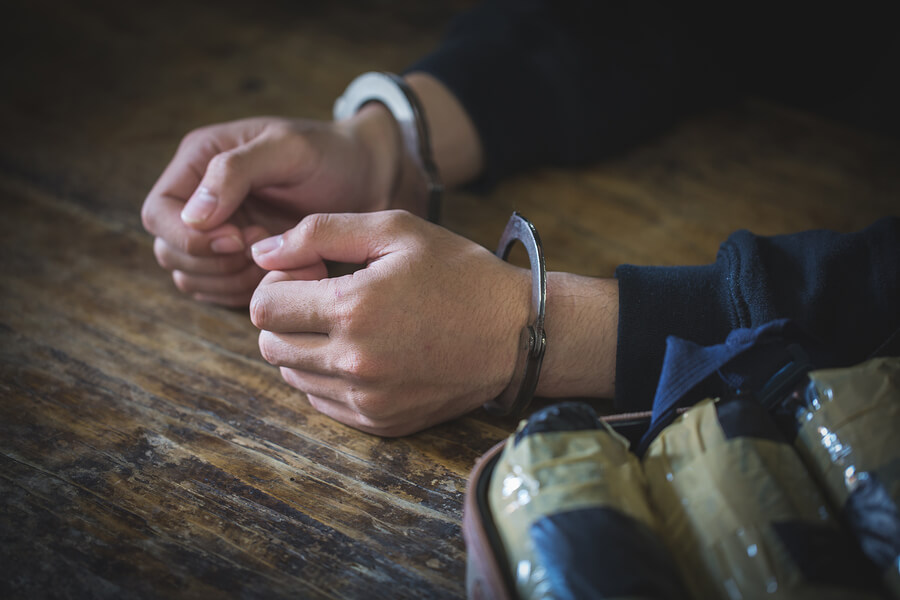A conviction for drug possession changes a number of things in your life. Anytime you’re asked about a criminal conviction, you’re required to answer, “yes.” Employment, housing, and other opportunities may change or be lost because of a drug possession conviction.
But if you’re a college student, or were planning to become one, your plans have radically changed. If you are already using student aid for college, you may lose it. And if you’re applying to college, your options could be limited for what you’re planning to study.
The FAFSA
 The Free Application for Federal Student Aid (FAFSA) contains questions specific to drug convictions. It’s important that you answer the question truthfully and accurately.
The Free Application for Federal Student Aid (FAFSA) contains questions specific to drug convictions. It’s important that you answer the question truthfully and accurately.
The question specifically asks if your conviction occurred while you were receiving student financial aid. When you answer yes, you will be required to fill out a worksheet to determine if you are eligible for subsequent financial aid assistance.
If you have a drug conviction, complete the Student Aid Eligibility Worksheet for the drug conviction question on the FAFSA to determine if your conviction will impact your aid eligibility. You can also call the Federal Student Aid Information Center at 1-800-4- FED-AID (1-800-433-3243).
If your conviction occurs after you submit the FAFSA, you may lose your eligibility, as well as be required to repay any financial aid you’ve already received.
What you state on the FAFSA is separate from what you state on your college admissions application, and must be truthful on both. If your college admissions form asks, you will be required to disclose a conviction.
Note that the issues arise only after a conviction for either the sale or possession of illegal drugs as an adult. If you were tried as a juvenile, and not convicted as an adult, you’ll still be eligible. This is also true if your conviction has been set aside or reversed, and you would answer “no” to the question.
Suspension Periods
The suspension period of federal student aid depends on whether the conviction was for sale or suspension, and whether it was a first or subsequent suspension.
- First offense: one year for possession, two for sale
- Second offense: two years for possession, indefinitely for sale
- Third and subsequent offenses: indefinitely for both possession and sale
After your student aid eligibility is suspended by a drug conviction, there are two ways you can regain it:
- Successful completion of an approved drug rehabilitation program
- Agree to and pass two unannounced drug screenings by an approved drug rehabilitation program
Fighting Drug Charges
The best defense is a good offense. Take proactive stance against a potential drug conviction that could seriously impede your future.
If you’ve been arrested on drug charges, it’s important to have a strong, aggressive drug charge defense lawyer to defend you in court. Without good legal counsel, you may be at the mercy of the court, and find yourself making a guilty plea just to end it.
But pleading guilty may not be the right thing to do, especially if you’re not guilty. If you do, you’ll be a convicted felon, and end up with a criminal conviction that will follow you around for the rest of your life.
With an experienced drug charge attorney, you have a fighting chance against a conviction that will cause you problems long after you leave court, including going to college and having a career.
Drug Charges? Let Dewey P. Brinkley Will Defend You
A criminal defense attorney experienced in drug cases can defend you in court and protect your assets. Contact our Raleigh law office today at (919) 832-0307 for a free consultation. Dewey P. Brinkley is a former Wake County prosecutor who will make sure your rights are rights are respected and you receive a fair trial under the law.

